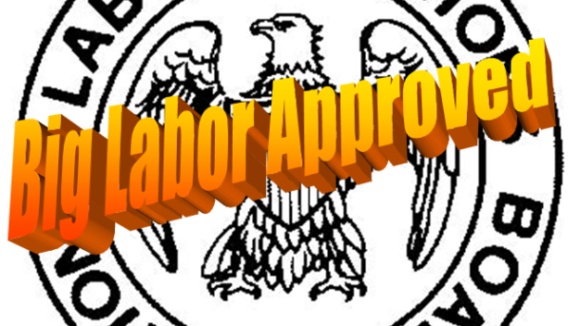U.S. House Representatives Grow Weary of NLRB's Truncated Responses
From the U.S. House Committee on Education and the Workforce (5/24/2011): Kline and Roe Express Disappointment with NLRB's Inadequate Response to Congressional Inquiry “The general counsel's office has offered to discuss our request further, and we intend to take them up on their offer.” Today, Republican leaders on the U.S. House Committee on Education and the Workforce responded to the National Labor Relations Board's (NLRB) failure to provide requested documents related to its complaint filed against The Boeing Company. On May 5th, Chairman [John] Kline and Representative Phil Roe, M.D. (R-TN) requested information from the NLRB to address questions surrounding the timing of the Boeing complaint, as well as concerns about public statements made by NLRB officials. "The NLRB is not immune from congressional oversight or public scrutiny," said Chairman John Kline (R-MN). "While this insufficient response is not entirely unexpected from todays board, it is still extremely disappointing. In the case of Boeing, there are legitimate questions over public statements made by NLRB officials and the timing of its complaint. The American people deserve a full explanation and Congress has a right to a complete response. The general counsel's office has offered to discuss our request further, and we intend to take them up on their offer."

